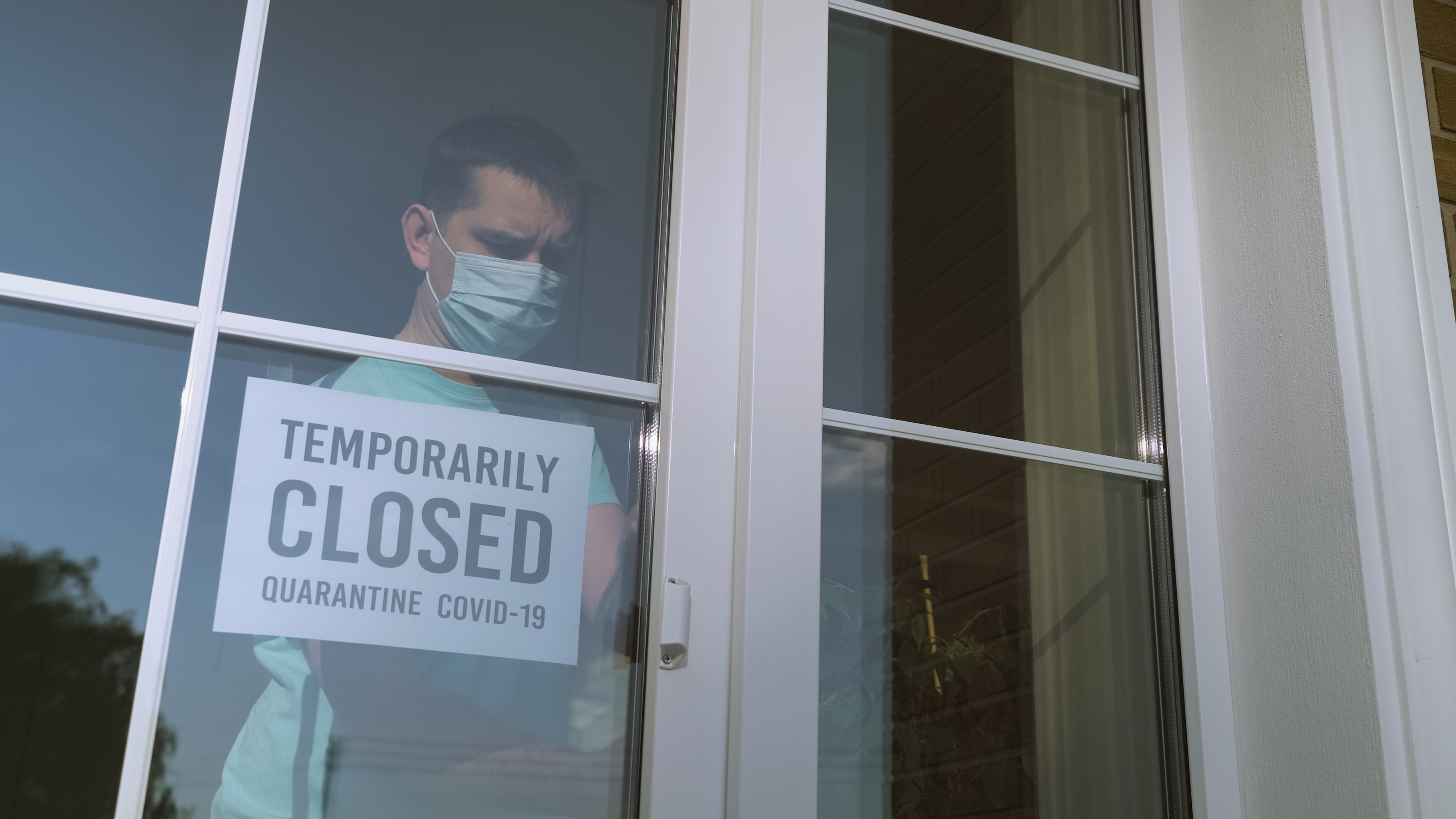A District Court in the Eastern District of Pennsylvania recently held that an insured’s submission of invoices altered to inflate replacement costs for water-damaged inventory constituted material misrepresentations. The court granted the insurer’s motion for summary judgment on its claims for declaratory judgment and violation of the Pennsylvania Insurance Fraud Act; however, the court held that the altered invoices fell short of satisfying the elements of common law fraud. About The Authors
Yearly Archives: 2021
Pennsylvania District Court Holds Materiality Does Not Require Fraud
Posted in Bad Faith
Elaborate Jewelry Heist Results in No Coverage for Jewelry Store’s Loss Under Dishonest Entrustment Exclusion
The Appellate Division of the Supreme Court of New York has provided some clarity to New York businesses and their insurers dealing with loss resulting from fraudulent entrustment. In Crown Jewels Estate Jewelry, Inc. v. Underwriters At Interest At Lloyd’s London, Case No. 2020-04312 (N.Y. App. Div. May 13, 2021), the court held that coverage under a dishonest entrustment exclusion was properly denied where an individual fraudulently convinced a high end jewelry store to let him borrow five pieces of jewelry. In a Scorsese-like plot, Paul Castellana, the plaintiff, emailed Crown Jewels Estate Jewelry, a high-end jeweler, saying he worked for Sony Pictures International and asked to borrow jewelry for a video he said he was shooting with Jennifer Lopez. After…
Posted in Exclusions, Fraud
Southern District of New York Holds Contamination Exclusion is Ambiguous as Applied to Covid-19 Business Losses

The Southern District of New York recently held that a contamination exclusion was ambiguous in the context of Covid-19-related business interruption losses. Accordingly, the court held that the issue was inappropriate to decide at the summary judgment stage and denied both parties’ cross-motions for summary judgment. In Thor Equities LLC v. Factory Mut. Ins. Co., No. 1:20-cv-03380 (S.D.N.Y. Mar. 31, 2021), an insured commercial property owner sought business interruption coverage under its property insurance policy. The parties filed cross-motions for summary judgment, asking the court to determine the applicability of two exclusions, one of which was a contamination exclusion. The exclusion excluded “contamination, and any cost due to contamination including the inability to use or occupy property or any…
Posted in Contamination
A Consequential Ruling: Florida Supreme Court Rejects Recovery of Consequential Damages in First-Party Breach of Contract Actions

In first-party breach of insurance contract actions, the parties oftentimes dispute whether the policyholder may seek damages that are not explicitly provided for in the policy, with the policyholder arguing such indirect damages flow from the alleged breach of contract. By doing so, policyholders blur the lines between breach of contract actions and bad faith actions. The Florida Supreme Court recently considered this issue in Citizens Property Insurance Corp. v. Manor House, LLC,[1] and held that “extra-contractual, consequential damages are not available in a first-party breach of insurance contract action because the contractual amount due to the insured is the amount owed pursuant to the express terms and conditions of the insurance policy.” Manor House arose from a Hurricane Frances…
Posted in Hurricane
Policyholders’ Counsel Test “Mother of All” Covid-19 Coverage Suits in a Bid to Block Insurers’ Path to Federal Court
Covid-19 has caused trillions in business losses. Whether those losses are covered by commercial property insurance is an existential issue for both policyholders and insurers. But before that legal battle, the battlefield must be chosen. Do these coverage suits belong in federal or state court? In July 2020, a group of 42 Chicago restaurants and bars filed a lawsuit in Illinois state court against 19 commercial property insurers, seeking coverage for Covid-19 business losses,[1] in what plaintiffs’ counsel called the “mother of all” Covid-19 coverage suits.[2] A few days later, the same counsel filed a suit in New York state court on behalf of 94 restaurants and bars against 41 insurers.[3] Both suits allege that the insurers wrongly denied coverage,…
Posted in Coverage, Fraud

